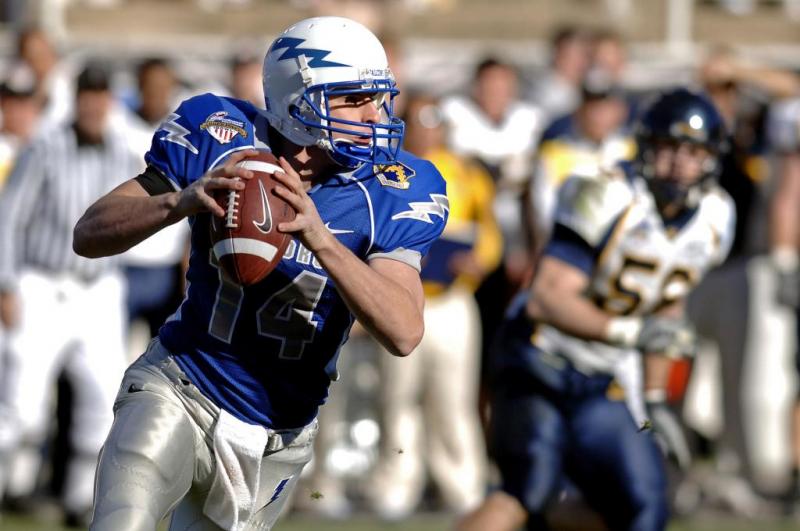The Unavoidable Football and TBI Link
There’s no denying it: Americans love football. They plan their weeks around it. Football fans discuss each matchup leading up to Sunday. It thrilled them when the NFL decided to start having stand-alone Thursday night games during the season as well.
However, there’s a difference between the athletes who play it and the armchair quarterbacks who enjoy it because they like fantasy football participation for the prize money and bragging rights. It’s the same difference between the real-life players and the video gamers who utilize them as Madden characters.
These players do risk their lives every time they step on the field, something the fans don’t do. The owners, managers, and the commissioner don’t risk anything, either.
There continue to be football-associated health risks, but it’s something about which ownership and management don’t like to talk very much.
What Is a TBI?
A TBI is serious head trauma, a traumatic brain injury. A concussion is a TBI form. If you sustain a concussion:
- You might suffer short-term memory loss
- You might experience nausea or vomiting
- You may experience severe headaches for days or weeks afterward
The CDC says that the team must hospitalize a football player who sustains a TBI on the field and is unconscious for thirty minutes or more. That doesn’t happen very often, but a player losing consciousness for a few seconds is much more common.
Their coaches train them to attempt to shake it off and jog off the field under their own power, but that’s difficult when a 235-pound linebacker has given them a car-wreck style hit.
What Happens After a TBI?
A football player who sustains a TBI, or anyone who does, is seldom the same afterward. They might:
- Spend time in a coma
- Have emotional difficulties
- Have PTSD symptoms
If someone sustains a single TBI, they might be able to recover from it in time. However, football players always want to get back on the field as soon as they can, which means they might suffer a second TBI, or a third, or a fourth.
You might wonder why they would want to keep risking their health in this way, but it’s not all that tough to figure out. It’s mostly because they love the sport, and they’ve been playing it since they were four or five years old in many cases.
It’s also because of the millions of dollars on the line. Many times, these individuals don’t know another way to make money. Some of them find successful TV or radio commentary careers after they finish their playing days, but that’s just the ones who can still string a coherent sentence together.
What’s the Answer?
The NFL has definitely tried to take steps to address the issue. They have independent, non-league-affiliated medical staff on the sidelines watching every play. They will call a player over when he takes a big hit, and they go inside the pop-up concussion tent.
There, they assess his condition and tell him whether he can return to action. Many times, you’ll see them leading a disgruntled player off the field. They tell him he has sustained a concussion, but he wants nothing more than to get back out there.
The NFL also keeps making better helmets, and they continue rule modification efforts to make some of the more dangerous plays illegal. Still, all of this is like putting a Band-Aid on a gaping wound. You can make football less risky, but you can never make it safe. That goes against the game’s entire ethos.
Fans and Players Must Accept the Risks
In reality, fans and players don’t much want the game to change. No one wants to sustain a concussion, but fans like the bone-crunching hits and the players don’t want to deviate from the rules much more than they already have. The sport’s main point is for large men to run into each other at top speed, and that means they cannot ever completely avoid injury.
That’s all well and good, but it’s tough for an ex-player, still a young man, perhaps in his late twenties, who must quit playing because his body can’t take the punishment anymore. This individual might have made some money in the NFL, but now he’s dealing with depression and violent mood swings because of the repeated concussions.
Every Sunday and Thursday night, this violent ballet thrills America. It’s mesmerizing, but some people can’t help but wince every time they see such brutality on display.

